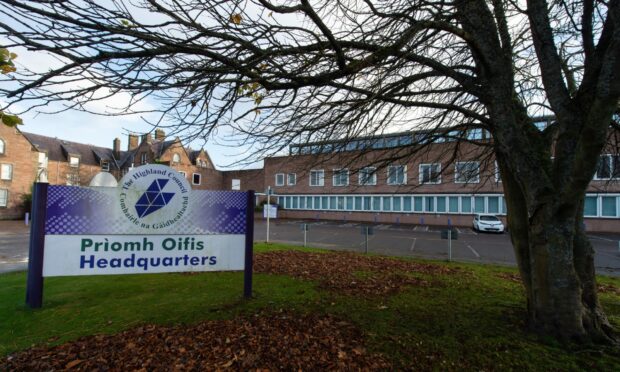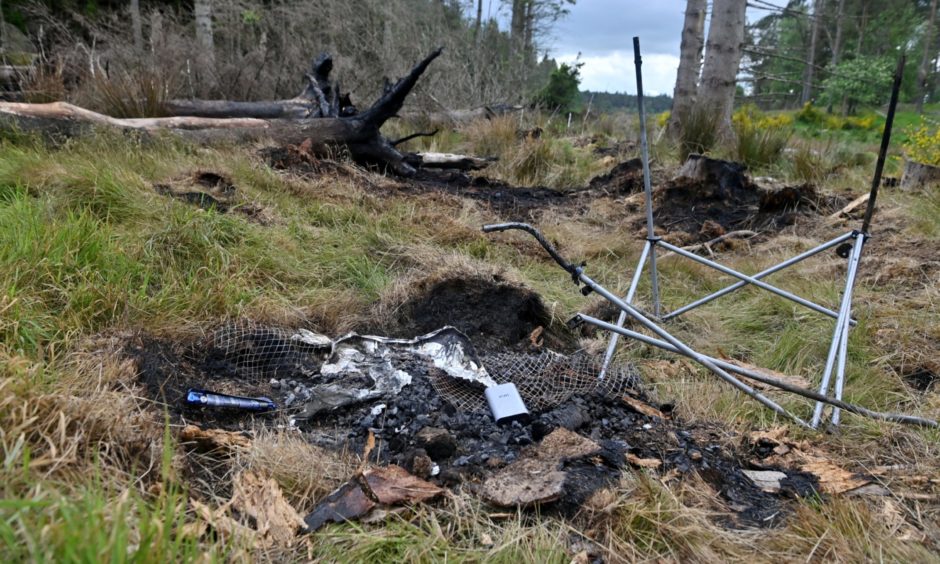New seasonal access rangers carried out thousands of patrols across the Highlands during summer to protect the land and remind the public to be responsible.
The team based in the Highlands worked between May and August to advise the public on responsible access to the countryside through promoting the Scottish Outdoor Access Code.
The Highland Council allocated £1.5 million to the development and implementation of the multi-service visitor management plan.
A team of 10 seasonal access rangers was employed by the council alongside a further seven posts which were funded by the Scottish government.
Rangers covered nearly 10231 square miles of land and carried out over 11,500 site visits during the summer months.
They patrolled sites and engaged with visitors to ensure awareness of the Outdoor Access Code, and reported incidents to the relevant council teams or emergency services.
The rangers also carried out duties to tidy, maintain and manage council-owned sites and core paths. They also worked with communities and land managers on other sites to protect the habitats.
Where possible, the rangers worked with local volunteers to engage with visitors and it is hoped this will be further developed.
Responsible camping and protecting outdoor spaces
Responsible camping was a key priority and, in many cases, a “no fires” message was promoted.
There is a significant fire risk throughout the Highlands in the summer months and lighting campfires on peaty ground, woodland, grassland or moors is considered irresponsible. Members of the public were also reminded they should not light fires close to buildings, historic monuments or within 98ft of a public road.
Even small fires cause significant damage to our natural environment from the scorch marks, the trees cut down or the dead wood housing insects. Much of this damage takes years to recover and can leave a significant disruptive mark on the beautiful landscape.
According to Gordon Adam, tourism committee chairman, over 60,000 vehicles were recorded in car parks and on roadsides over the summer weekends. He added that in less than four months over 35,000 people were observed by the team – with just under half being reminded about responsible behaviour.
The councillor said: “This face-to-face communication helps ensure that our beautiful outdoor spaces are protected for future generations, and has been widely welcomed.
“The impact of litter, fires, human waste and anti-social behaviour of a small minority remains an issue, but the rangers have worked with rural communities and the council to promptly reduce its impact.”
Mr Adam explained that the lessons learned will be examined in detail at a workshop in preparation for next summer.

